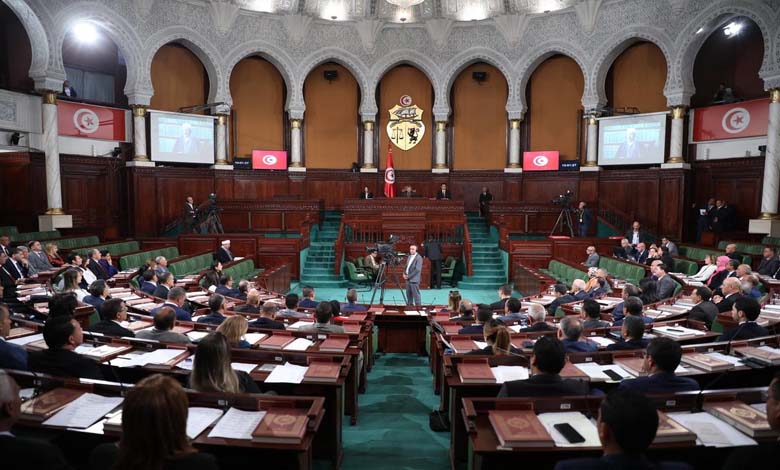Tunisia is preparing to issue a new law to monitor the financing of associations
The Tunisian Prime Minister emphasizes the necessity for the new law for associations to contribute to strengthening the role of civil society within the framework of respecting principles, rights, and the rule of law

The Tunisian government has decided to establish a committee to draft a new law specifically addressing associations, covering aspects such as financing and organization. This decision comes after a period of criticism from President Kais Saied towards some of these associations, accusing them of receiving suspicious funding and espionage for foreign entities.
According to a statement from the government, a ministerial working session was dedicated to discussing issues related to associations and their financing. The session, supervised by Prime Minister Ahmed Al-Hachani, included the presence of the Minister of Finance Sihem Boughdiri Nemsia, and a representative from the Ministry of Justice.
The statement indicates that during the session, it was decided to form a committee to work on a new law for associations, with the possibility of reviewing other laws related to association financing and money laundering.
The Tunisian Prime Minister emphasized the importance of the new law contributing to strengthening the role of civil society within the framework of respecting principles, rights, and guarantees stipulated in the constitution and the rule of law.
President Saied has repeatedly addressed the issue of foreign funding for associations, considering it a matter of national security for Tunisians and a threat to national sovereignty. During a meeting with the Minister of Justice, Leila Jaffal, Saied confirmed that one organization received foreign funding amounting to 7.615 million dinars (2.5 million dollars) from 2016 to 2023 under the guise of civil society, highlighting numerous irregularities in the associations’ file, endangering national sovereignty.
Throughout the past decade, foreign funding for associations and parties has played a role in impacting political life and subjecting it to external influences, ultimately harming Tunisian interests and the independence of national decisions.
Saied has previously emphasized the need to combat the phenomenon of foreign funding for associations and translate legislation related to monitoring suspicious funds.
Last month, Tunisian judicial authorities decided to dissolve dozens of parties and associations on suspicion of foreign funding, linked to financial transparency and funding sources. They suspended the activities of 182 associations out of 272 notified, while issuing decisions to dissolve 69 associations due to suspicions of funding.
Director of the Prime Minister’s Office, Samia Al-Sharfi, stated in a parliamentary hearing last month, “The increase in foreign funding for associations is due to the multiplication of their numbers over the past decade, a result of the absence of legal provisions setting a limit for these external financial flows.”
The opposition seeks to exploit the issue of monitoring association funding to accuse the Tunisian president of restricting the work of civil society, considered fundamental in modern societies. However, Saied has repeatedly stated that his decisions in this matter are “not a restriction on associations or civil society,” noting that some associations were “an extension of parties and foreign intelligence.”












